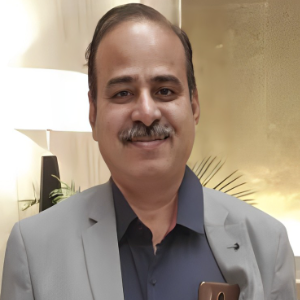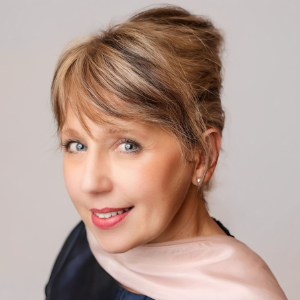Nanotechnology is the study of atoms and molecules at the nanoscale, which is 80,000 times smaller than the width of a human hair. Nanoscale versions of chemicals are used by cosmetic producers to give better UV protection, deeper skin penetration, long-lasting effects, enhanced color and finish quality, and so on. Nanocosmeceuticals have a variety of advantages. They do this by modulating the release of active compounds from carriers based on a variety of criteria such as physical or chemical interactions between the components, drug content, polymer and additives, ratio, and production process. They're found in hair care products like shampoos and conditioners, and they're used to treat hair loss and prevent greying. Scientists have developed new technologies and delivery techniques that are currently being employed in the production of cosmeceuticals. The use of cosmeceuticals is expanding, and conventional procurement mechanisms are being replaced with innovative delivery technologies.
- Phototherapy
- Follicular Unit Extraction

Ravi M Rathod
KMCRI, India
Dechelette Corinne
La Peau Autrement, France
Irina Sergeeva
Novosibirsk State University, Russian Federation
George Sulamanidze
Plastic Surgeon at Clinic of Plastic and Aesthetic Surgery and Cosmetology TOTALCharm, Georgia
Nino Tsamalaidze
Ltd Karabadini+, Georgia
Lina Petrossian
California University of Science and Medicine, United States
Surajbala Khuraijam
Manipur Health Services, India
Shrutimita Pokhariyal
Symbio, India
Yasser Mohammed Hassanain Elsayed
Egyptian Ministry of Health, Egypt



Title : Paraneoplastic Autoimmune Multiorgan Syndrome or PAMS: Paraneoplastic pemphigus revisited
Sergei A Grando, University of California Irvine, United States
Title : Modern non-invasive methods for in vivo assessment of skin
Georgios N Stamatas, SGS, France
Title : Personalized and precision dermatology through the view of biodesign-inspired translational & data-driven applications: Revolutionary skin treatments for every concern in clinical dermatology integrating skin care experts and consumers
Sergey Suchkov, N.D. Zelinskii Institute for Organic Chemistry of the Russian Academy of Sciences, Russian Federation
Title : The next generation of threads: Lifting, volumization, and biostimulation in one powerful triple action
George Sulamanidze, Plastic Surgeon at Clinic of Plastic and Aesthetic Surgery and Cosmetology TOTALCharm, Georgia
Title : Lymphoproliferative diseases in the practice of a dermatologist
Irina Sergeeva, Novosibirsk State University, Russian Federation
Title : Art, skin, and dermatology: Interdisciplinary perspectives
Dechelette Corinne, La Peau Autrement, France
Title : Comparative efficacy of omalizumab and dupilumab in children with Chronic Spontaneous Urticaria (CSU): A retrospective cohort analysis
Molynna Nguyen, University of Toledo, United States
Title : "Mirror mirror on the skin” — A low-cost community strategy to reduce melanoma disparities in Washington, D.C.
Kayla Sampson, Georgetown University School of Medicine, United States
Title : Vitiligo: Not just an aesthetic disorder
Mateja Starbek Zorko, University Medical centre Ljubljana, Slovenia
Title : Personalized and Precision Medicine as a unique avenue to have the healthcare model renewed to secure the national biosafety: Advanced skincare solutions in individualized cosmetology, reconstructive plastic surgery and the modern beauty
Sergey Suchkov, N.D. Zelinskii Institute for Organic Chemistry of the Russian Academy of Sciences, Russian Federation